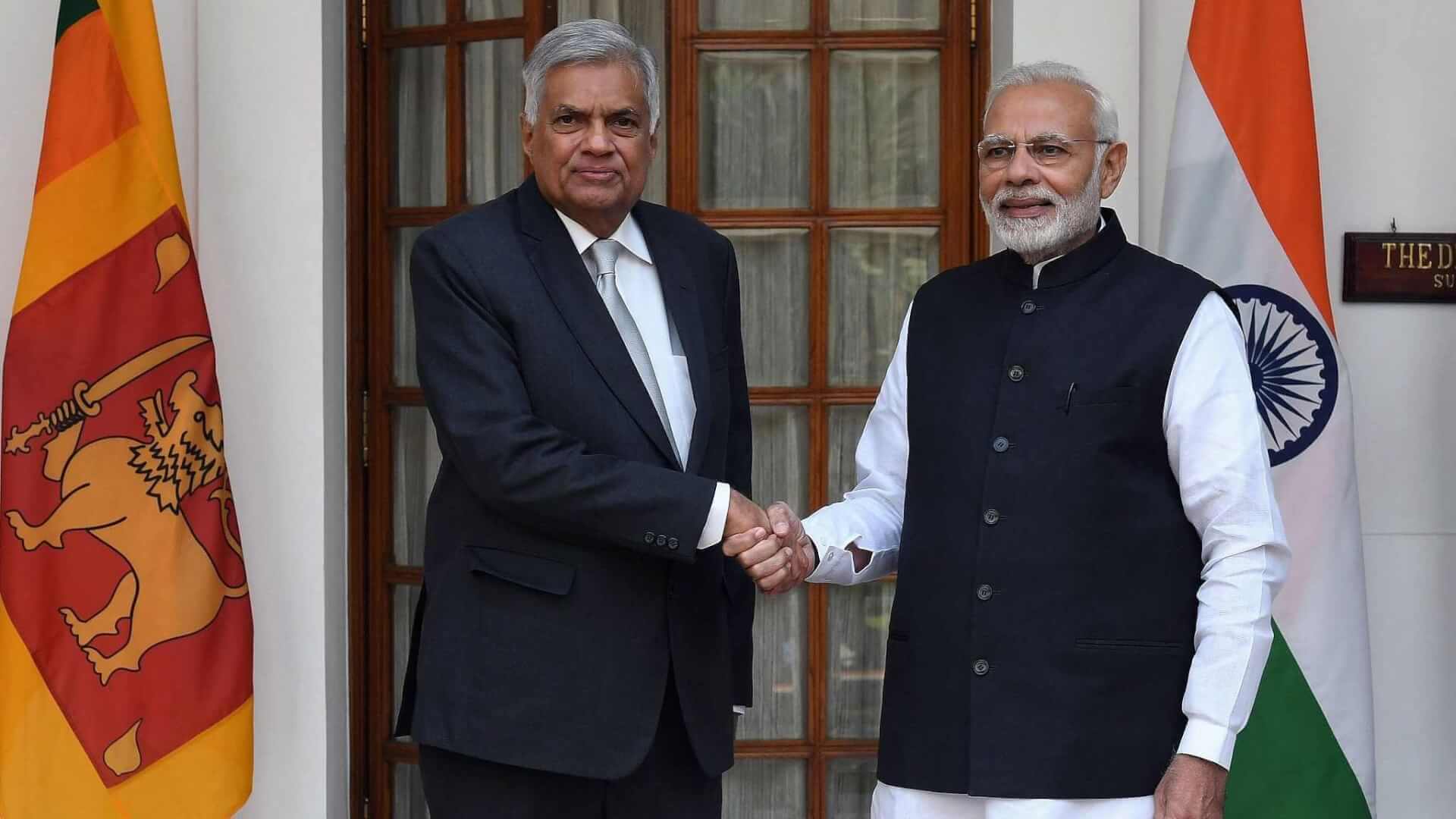Sri Lanka’s Nations Trust Bank (NTB) PLC, in line with a recent directive by the Central Bank of Sri Lanka (CBSL), has announced the introduction of the Indian Rupee (INR) as a designated foreign currency.
In August 2022, with the concurrence of the Reserve Bank of India (RBI), the INR was authorised by CBSL as a designated foreign currency in Sri Lanka to enhance customer experience, augment economic growth, and deepen diplomatic ties.
Overview
The NTB announced the provision of INR-dominated regulated accounts, which can be used for INR note acceptance, issuance, and foreign currency exchange.
These will include the PFCA (Personal Foreign Currency Account) and BFCA (Business Foreign Currency Account), which cater to individuals and businesses seeking to engage in international trade transactions with India.
Individuals can open PFCA accounts within 90 days of returning from travel.
#NationsTrustBank #NTB #CentralBank #IndianRupee #ForeignCurrency #Businesscafe #BusinessNews #SrILankaBusinessNews #SriLankaEconomy #SriLanka #Lka https://t.co/CvxoLQmMkV
— Business Cafe (@businesscafe100) October 27, 2023
After collecting INR notes from non-resident guests, hotels can deposit them into BFCA accounts, subject to specific conditions and regulations.
People with INR accounts can engage in currency note encashments, currency issuance, and international trade settlement activities like exports, imports, Letters of Credit (LCs) and bank guarantees.
This would not include capital transactions or investments outside of Sri Lanka.
Benefits of Designated Currency
The two countries signed the Indo-Sri Lanka Free Trade Agreement in March 2000.
As trade between the two nations increased, CBSL communicated its willingness to authorise INR as a designated foreign currency in Sri Lanka to the Reserve Bank of India (RBI) several times.
The use of INR as a designated foreign currency in Sri Lanka is subject to any restrictions imposed by RBI.
The move will ensure smooth banking transactions relating to INR, especially for small-scale traders.
The purpose of authorising a designated foreign currency is to promote trade and investment relations between two countries. It aims to reduce additional transaction costs related to dual conversion.
Encouraging traders to use banking channels rather than unofficial ones for trade transactions would lower the extra transaction costs related to converting INR into US Dollar and then back to Sri Lankan Rupee.
India is a significant source country for tourism in Sri Lanka, and the move would make travel more convenient for Indian tourists.
Designated Foreign Currency Not Legal Tender
The Indian Ministry of External Affairs had mentioned in a press briefing ahead of Sri Lankan President Ranil Wickremesinghe’s July visit to India that Sri Lanka had authorised INR as the designated currency.
In August, CBSL clarified that the authorisation of INR as a designated currency does not make INR a legal tender for domestic payments/settlements in Sri Lanka.
Any transaction executed between or among residents in Sri Lanka shall be in LKR, the legal tender in Sri Lanka.
#StatecraftInTheNews:🇮🇳🇱🇰(1/2) Indian External Affairs Ministry spokesperson Arindam Bagchi said that Sri Lanka has already notified the Indian Rupee (INR) as a designated currency in their system. #Rupee #India #SriLanka pic.twitter.com/YTZTbJuaMN
— Statecraft (@statecraftdaily) July 21, 2023
The bank has authorised 16 currencies to enable international trade and cross-border transactions since 1979.
Apart from the INR, Sri Lanka has authorised Australian Dollar, Canadian Dollar, Chinese Renminbi, Danish Kroner, Euro, Hongkong Dollar, Japanese Yen, New Zealand Dollar, Norwegian Kroner, Pound Sterling, Singapore Dollar, Swedish Kroner, Swiss Franc, Thai Baht, and the US Dollar as designated foreign currencies.

